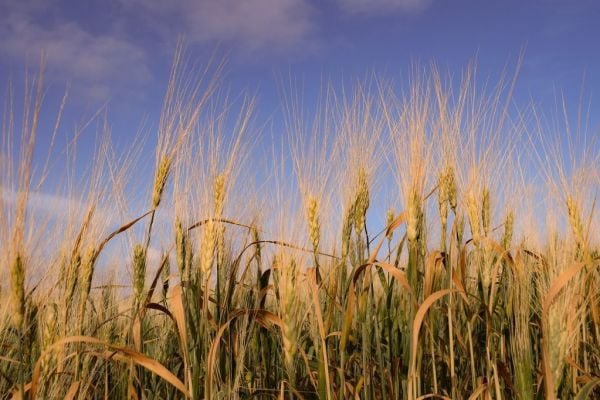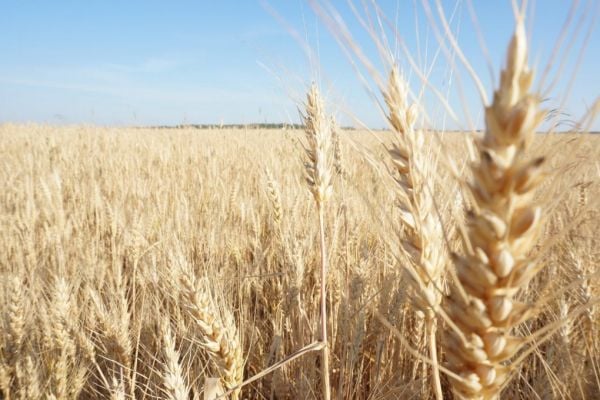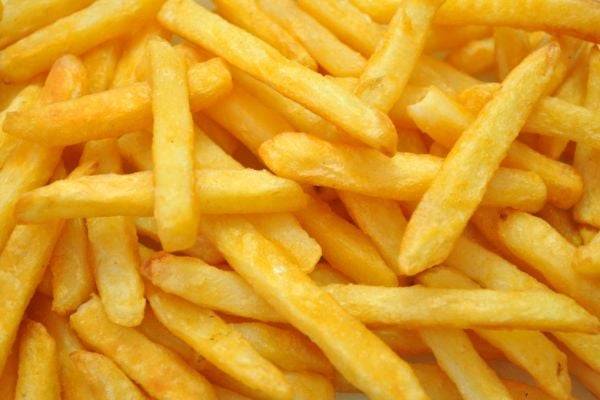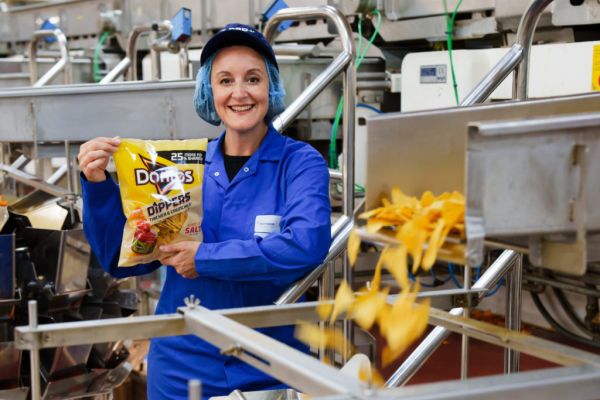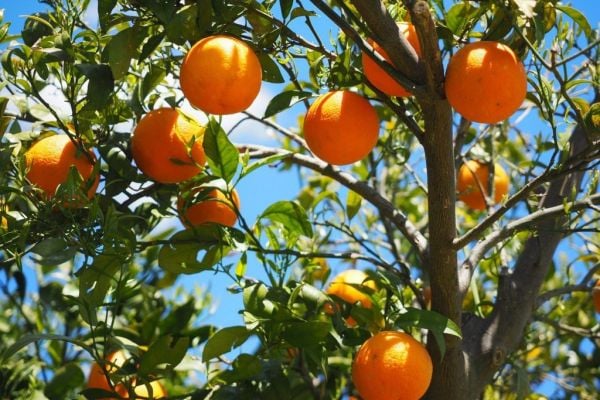The European Union has agreed on a new law to prevent companies from selling soy, beef, coffee and other commodities linked to deforestation into the EU market.
The law will require companies to produce a due diligence statement showing that their supply chains are not contributing to the destruction of forests before they sell goods into the EU – or they could face hefty fines.
"I hope that this innovative regulation will give impetus to the protection of forests around the globe and inspire other countries at the COP15," said the European Parliament's lead negotiator, Christophe Hansen.
A Global Deal
Deforestation is a major source of greenhouse gas emissions that drive climate change and will be in focus at a UN COP15 conference this week, where countries will seek a global deal to protect nature.
Negotiators from EU countries and the European Parliament struck the deal on the law early on Tuesday.
It will apply to soy, beef, palm oil, wood, cocoa and coffee, and some derived products including leather, chocolate and furniture. Rubber, charcoal and some palm oil derivatives were included at the request of EU lawmakers.
Companies would need to show when and where the commodities were produced and 'verifiable' information that they were not grown on land deforested after 2020.
Failure to comply could result in fines of up to 4% of a company's turnover in an EU member state.
Countries that will be impacted by the new rules, including Brazil, Indonesia and Colombia, say they are burdensome and costly. Supply certification is also difficult to monitor, especially as some chains can span multiple nations.
While campaigners welcomed the law as "historic", they also criticised its requirement for companies to prove they respected the rights of indigenous people – but only if those rights are already legally protected in the producer country.
"The EU has missed the chance to signal to the world that the most important solution to stopping deforestation is upholding indigenous rights," said Nicole Polsterer from campaign group Fern.
Formal Approval
EU countries and the European parliament must now formally approve the legislation. The law can enter into force 20 days later, after which large companies have 18 months to comply, and smaller firms 24 months.
EU member nations will be required to carry out compliance checks covering 9% of companies exporting from countries with a high risk of deforestation, 3% from standard-risk countries and 1% for low-risk countries.
The EU said it would work with affected countries to build up their capacity to implement the rules.
News by Reuters, edited by ESM – your source for the latest supply chain news. Click subscribe to sign up to ESM: European Supermarket Magazine.

